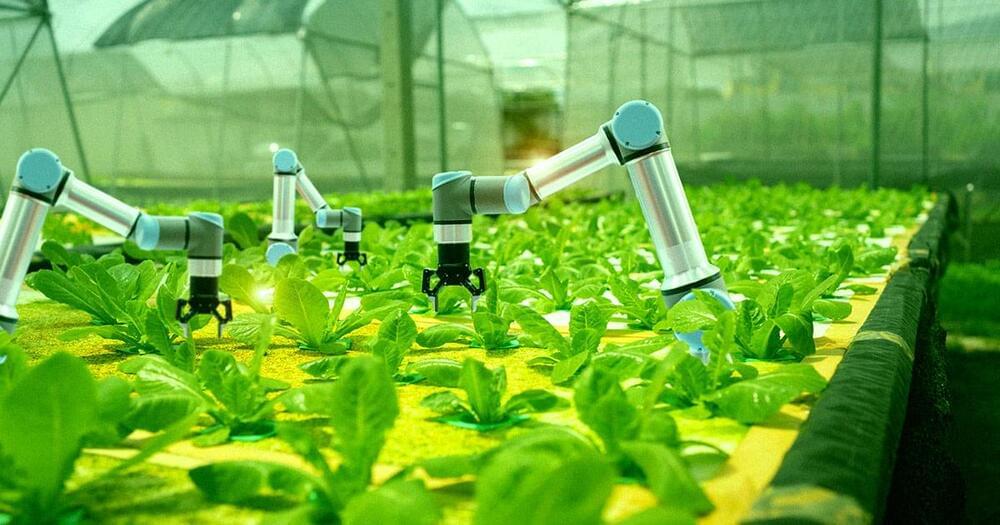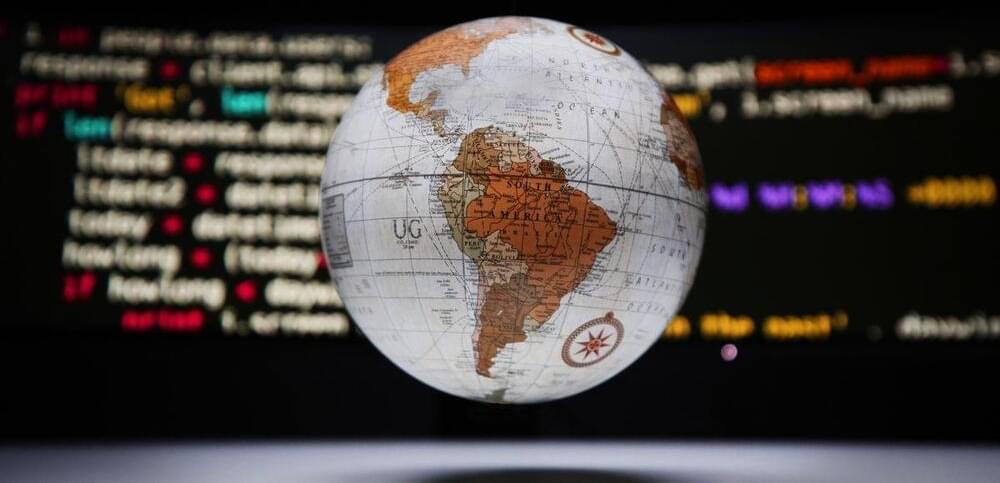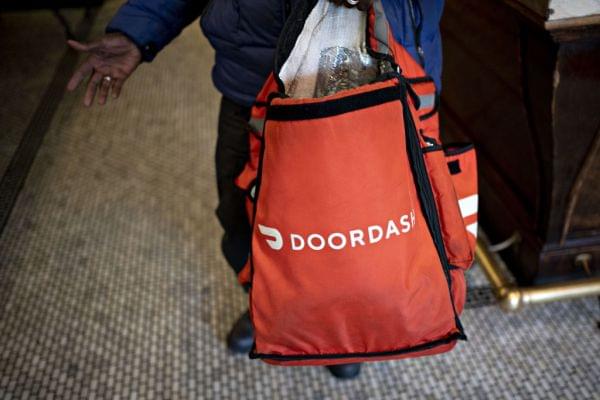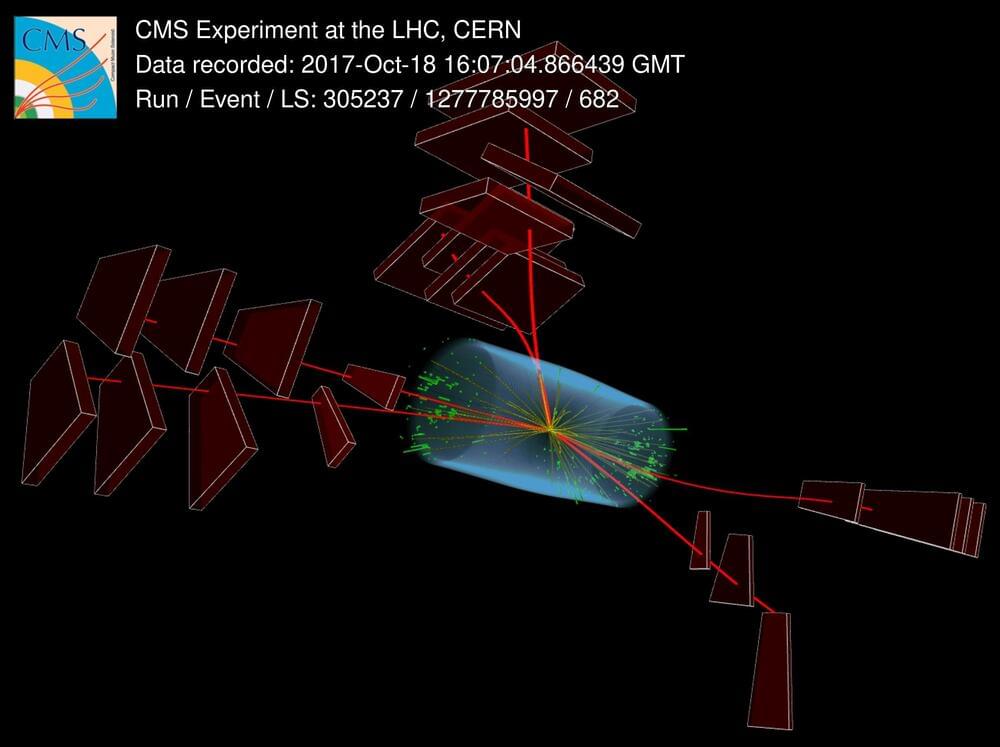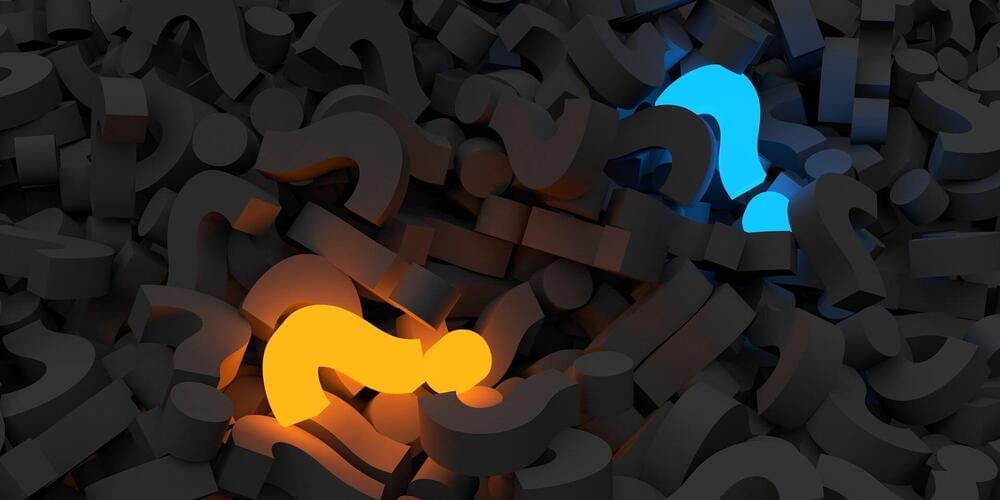US-based Wright Electric has announced a 100-seat electric short-hop aircraft slated to go into service by 2026. It’ll either be powered by hydrogen, or it’ll use recyclable metal in what the company calls an “aluminum fuel cell.”
Wright is working on a number of large electric aircraft projects, including an even bigger 186-seater it’s developing in conjunction with European airline EasyJet and BAE Systems. This would be a “low-emissions” electric, presumably using a fossil-fueled range extender to top up its batteries and extend its flight range to around 1,290 km (800 miles). The partnership is pitching it as a “path” towards clean aviation, a kind of Prius of the skies, that will prove the electric powertrain while waiting for energy storage to come up to scratch.
Wright’s latest project, however, will be totally zero-emissions, and will use high-density energy storage to tackle flights up to an hour in duration – that’s enough for the ~1,000-km (620-mile) hop between Sydney and Melbourne, or London-Geneva, or Tokyo-Osaka, or LA-San Francisco.

